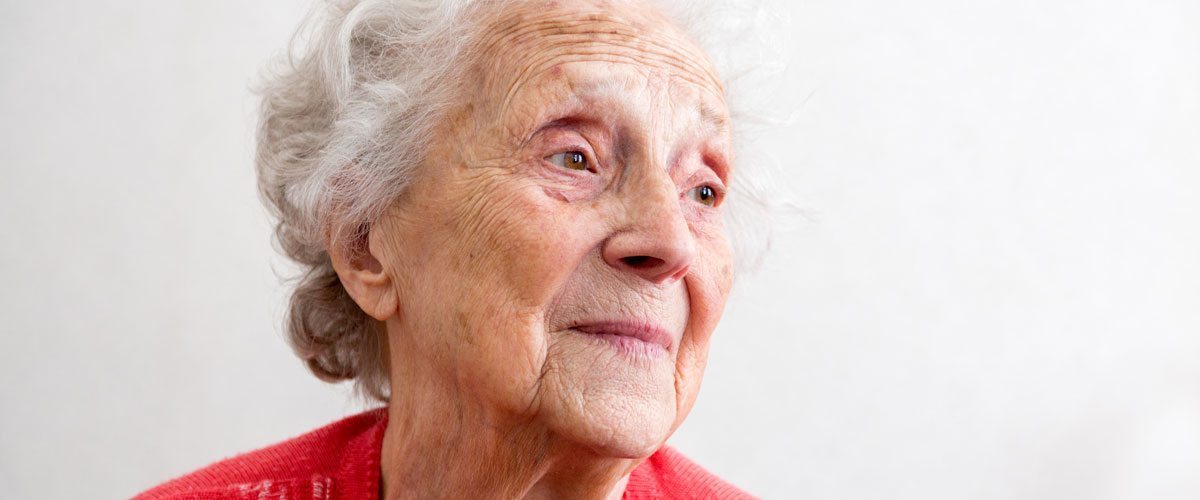February 16, 2023

9 Ways to Respond to Dementia Hallucinations in Seniors
Dementia causes several changes in a senior’s brain. These can lead to hallucinations. Whether frightening or benign, hallucinations are unsettling for both seniors and their caregivers. Even though the hallucinations aren’t physically real, they feel very real to those experiencing them, so it’s important to respond with empathy. If you’re looking for a compassionate personal care home in Philadelphia, understanding how to support a loved one with dementia is essential. Let’s look at 9 ways you can respond when your loved one experiences hallucinations brought on by dementia.
What Are Hallucinations?
The first step to responding to hallucinations is to understand what they are and what causes them. Hallucinations involve perceiving something that is not actually there. This can involve sight, sound, smell, or even touch. Hallucinations can have several causes, including some medications, mental illness, and diseases that affect the nervous system, such as Parkinson’s disease, epilepsy, Alzheimer’s, and dementia.
If your loved one experiences hallucinations, contact their healthcare provider. In addition to the responses we’ll discuss below, it’s important that their doctor is able to address the causes and, where possible, provide treatment.
Responding to Hallucinations in Those with Dementia
In responding to a person with hallucinations, whether caused by dementia or by other sources, such as medication, it’s important to remain calm, validate their experiences, and respond with empathy and understanding. If your loved one experiences hallucinations,
- Determine if you need to respond to their hallucinations at all. As long as your loved one remains calm and doesn’t experience distress or upset, it may be best to not respond or call attention to the hallucination.
- Make sure that they are safe. Ensure they aren’t in a position where they can harm themselves and that nothing they could use to hurt themselves or someone else is in reach.
- Don’t argue with your loved one about the validity of the hallucination. Remember, hallucinations feel real to the person experiencing them.
- Listen to your loved one and respond with assurance and validation. Don’t pretend you can see or hear the hallucination. Instead, validate their feelings to demonstrate empathy and assure them that they can trust.
- Remove any possible triggers. Check around the room and home to see if something may be triggering the hallucination. A draft sounds from a television in another room, or smells from the kitchen are all examples of possible triggers.
- Distract and redirect their attention elsewhere. Switch their focus to something they enjoy, such as a relaxing game or puzzle or engage them in conversation.
- Ensure that your loved one’s immediate environment is not over-stimulating. Loud radios or televisions in the room can be just as triggering as noises coming from outside the room. Turn off TVs or radios and then help redirect their attention if necessary.
- If they or you are at risk of harm, contact your healthcare provider right away.
- Get support to help you. It can be stressful to care for a loved one who experiences hallucinations. Reach out to support groups and if necessary, bring in a professional caregiver to help you care for your loved one.
Are You Looking for Personal Care at Home in Philadelphia?
Make Stay at Home Homecare your personal homecare home in Philadelphia. We provide expert caregivers who can help your loved one live their best, independent life. We also have valuable resources for your loved one and family. Contact Stay at Home Homecare to schedule a consultation today.

